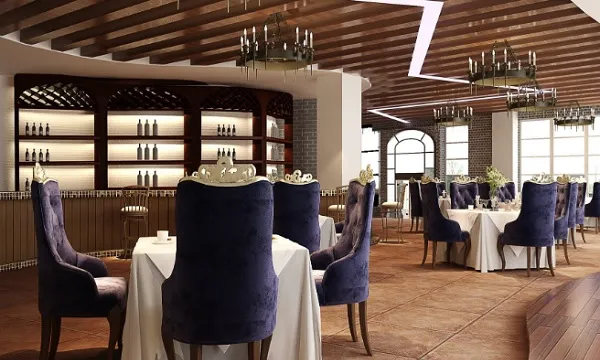
Nearly half of Singapore restaurants won't last beyond two months: survey
Delivery and takeaway are not enough to offset revenue loss after the circuit breaker measures.
Over two in five or 42% of restaurants in Singapore expressed that they will be unable to operate beyond two months at their current rate of cost and revenue, according to a survey by Chope. Further, four in five or 81% fear that they cannot last any longer than six months.
Not even the surge in delivery and takeout orders were able to sustain the establishments. The study found that nearly two-thirds or 62% of restaurants that have continued to operate on a takeaway and delivery basis recorded a plunge in revenue by 50% YoY or more in April. About 42% of restaurants surveyed offered delivery for the first time in light of the circuit breaker measures.
Prior to the circuit breaker, delivery and takeaway only contributed to less than 10% of revenue for 88% of restaurants.
They have also been facing the high cost of working with logistics or third-party delivery providers, which was cited as their biggest challenge. Further, 13% have not received rental waivers from landlords equivalent to the property tax rebate.
As of May, only 57% of restaurants have received rental rebates equivalent to the property tax rebate, or have heard from their landlords that they will do so. Meanwhile, 12.7% of restaurants have neither heard from landlords on rental waivers nor have been told that they would not receive rental rebates.
Enterprise Singapore has offered a package encouraging restaurants to consider offering food delivery by offsetting some costs. Nearly half or 43% were on the fence when asked to rate how the support provided by the government had been sufficient thus far, whilst 42.4% of restaurants gave either a 5 or 6 out of 10 as a rating.
Even beyond the pandemic, the road to recovery appears to be bumpy. Over one in ten (11%) have retrenched staff, with another 25% considering ceasing employment of more staff should the situation not improve.
“Restaurants have spent enormous effort figuring out how to do delivery, but the data shows it's only helping marginally. Covering rent and salaries will require some easing off of dine-in restrictions, balanced carefully against public health concerns,” Arrif Ziaudeen, founder and CEO of The Chope Group said.



















 Advertise
Advertise


